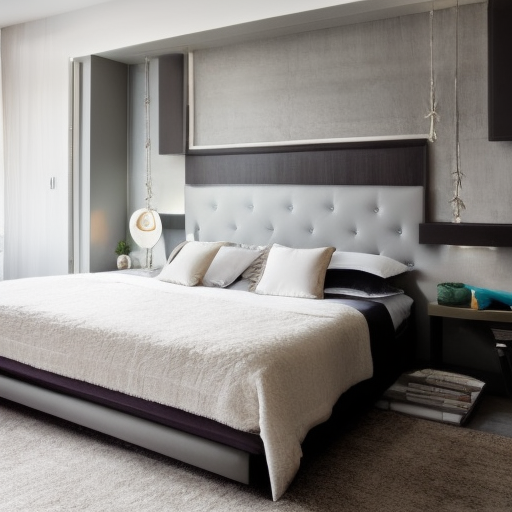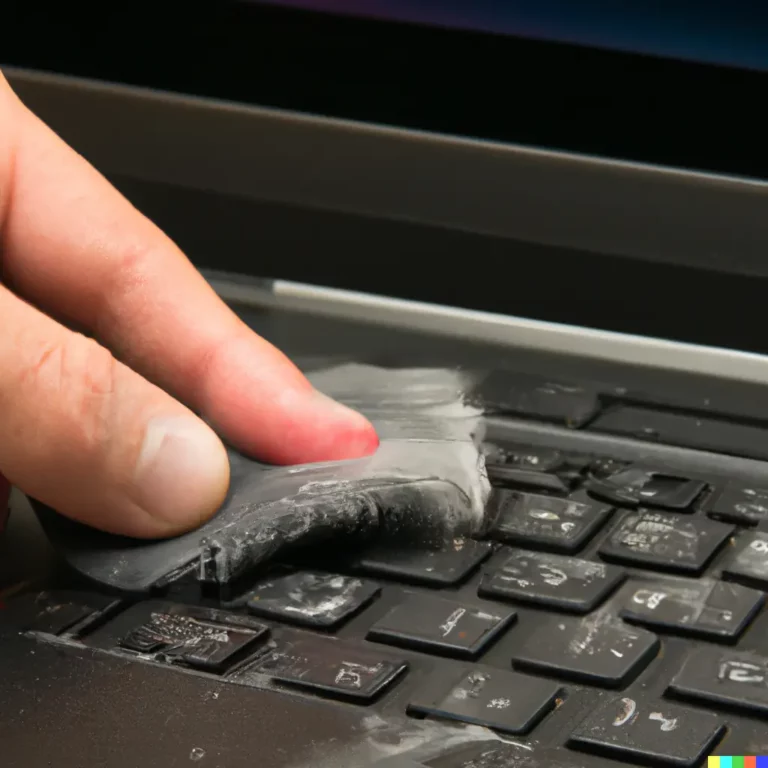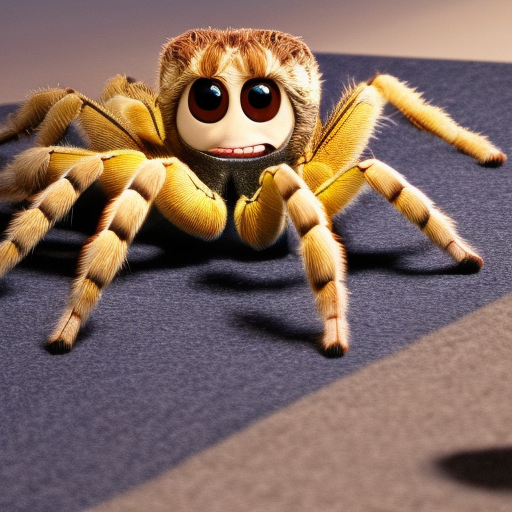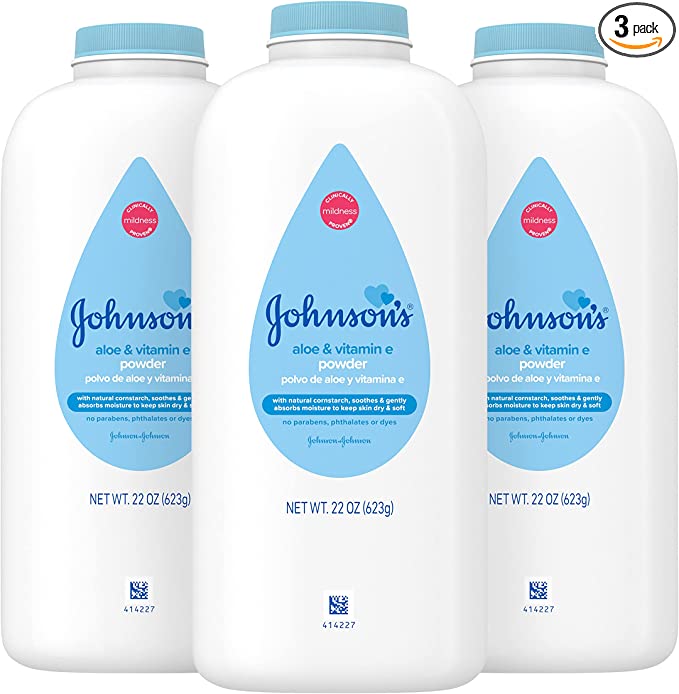Does lysol kill bed bugs
You wake up in the middle of the night, feeling a strange sensation crawling on your skin. You turn on the light and see tiny, reddish-brown bugs scurrying across your sheets. Your heart sinks as you realize that you have a bed bug infestation.
Bed bugs are small, wingless insects that feed on the blood of humans and animals. They are usually active at night and are expert hiders, making them difficult to spot and eliminate. If you suspect that you have bed bugs, it’s important to act fast to prevent the infestation from spreading.
One question you might have is whether Lysol (affiliate link), a popular disinfectant spray, can kill bed bugs. In this blog post, we’ll explore the effectiveness of Lysol against bed bugs and provide some tips for getting rid of these pests.
What Are Bed Bugs?
Bed bugs are small, oval-shaped insects that are about the size of an apple seed. They are reddish-brown in color and have flat bodies, making it easy for them to hide in tight spaces. Bed bugs are attracted to the warmth and carbon dioxide emitted by humans and animals, so they often hide in bedding, mattresses, and furniture near where people sleep.
Bed bugs are not known to transmit diseases, but their bites can cause itching and irritation. They are also a nuisance because they are difficult to eliminate and can quickly spread from one room or apartment to another.
How Do You Know if You Have Bed Bugs?
Bed bugs are usually active at night and feed on the blood of their hosts while they sleep. They are expert hiders and can be difficult to spot, but there are some signs that you might have a bed bug infestation:
- Bite marks on your skin: Bed bugs usually bite in a straight line or a zigzag pattern, leaving small, red bumps on the skin.
- Blood stains on your sheets: If you wake up with bites and notice small blood stains on your sheets, it could be a sign of bed bugs.
- Shed skin or eggs: Bed bugs shed their skin as they grow and lay eggs, which are small and white. You might find shed skin or eggs in the crevices of your bed or furniture.
- A musty, sweet smell: Bed bugs release a pheromone that has a sweet, musty smell. If you notice this smell in your bedroom or living space, it could be a sign of an infestation.
Can Lysol Kill Bed Bugs?
Lysol is a popular disinfectant spray that is used to kill germs and bacteria on hard surfaces. It is effective at killing a wide range of pathogens, including the flu virus, staphylococcus, and E. coli. But does it work against bed bugs?
The short answer is that Lysol can kill bed bugs, but it is not a guaranteed solution. Lysol contains a number of chemicals that are toxic to bed bugs. When sprayed directly on bed bugs, these chemicals can kill them on contact.
However, Lysol is not a perfect solution for eliminating bed bugs. For one, it is not effective at killing eggs, which means that you might need to reapply the spray multiple times to eliminate the entire infestation. Additionally, bed bugs are expert hiders and can be difficult to find and spray directly. If you miss even a few bugs, they could survive and reproduce, leading to a resurgence of the infestation.
So while it may help, it definitely is not the perfect product to get rid of bed bugs.
What Else Can You Do to Get Rid of Bed Bugs?
If you have a bed bug infestation, it’s important to take immediate action to prevent the problem from getting worse. Here are some tips for getting rid of bed bugs:
- Wash and dry bedding and clothing on high heat: Bed bugs are sensitive to heat, so washing and drying your bedding and clothing on the highest heat setting can help kill them. This includes sheets, blankets, pillowcases, and any clothing that has come into contact with the bed bugs.
- Vacuum and steam clean your bed and furniture: Use a powerful vacuum cleaner to remove bed bugs and their eggs from your bed, furniture, and carpets. You can also use a steam cleaner to kill bed bugs on contact. Be sure to dispose of the vacuum bag or empty the canister immediately after use to prevent the bed bugs from spreading.
- Seal cracks and crevices: Bed bugs can hide in small cracks and crevices, so it’s important to seal any openings where they might be hiding. Use a sealant or caulk to fill in any gaps around baseboards, outlets, and light switches.
- Use chemical pesticides: If you have a severe bed bug infestation, you may need to use chemical pesticides to get rid of the bugs. There are a variety of pesticides available at hardware stores and pest control companies that are specifically formulated to kill bed bugs. Be sure to follow the instructions carefully and use caution when applying pesticides.
- Contact a professional: If you are unable to get rid of the bed bugs on your own, it may be necessary to call in a professional pest control company. These experts have the tools and experience to identify and eliminate bed bug infestations quickly and effectively.
Conclusion
Bed bugs are small, annoying pests that can be difficult to eliminate. While Lysol can kill bed bugs on contact, it is not a guaranteed solution and should be used in conjunction with other methods for the best results. If you suspect that you have a bed bug infestation, take immediate action to prevent the problem from getting worse and consider contacting a professional for assistance.






